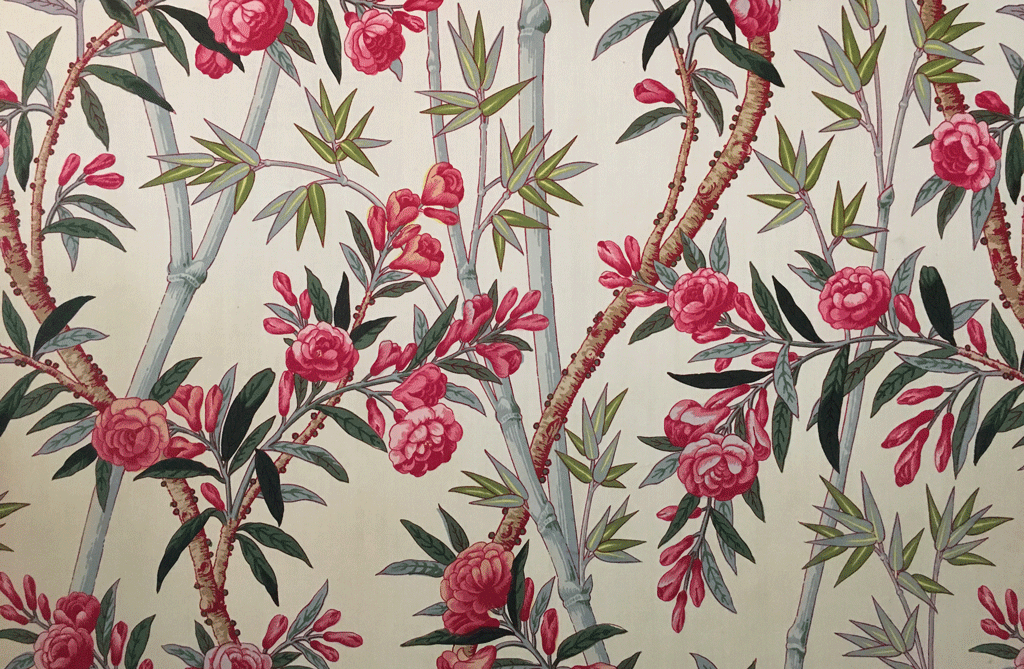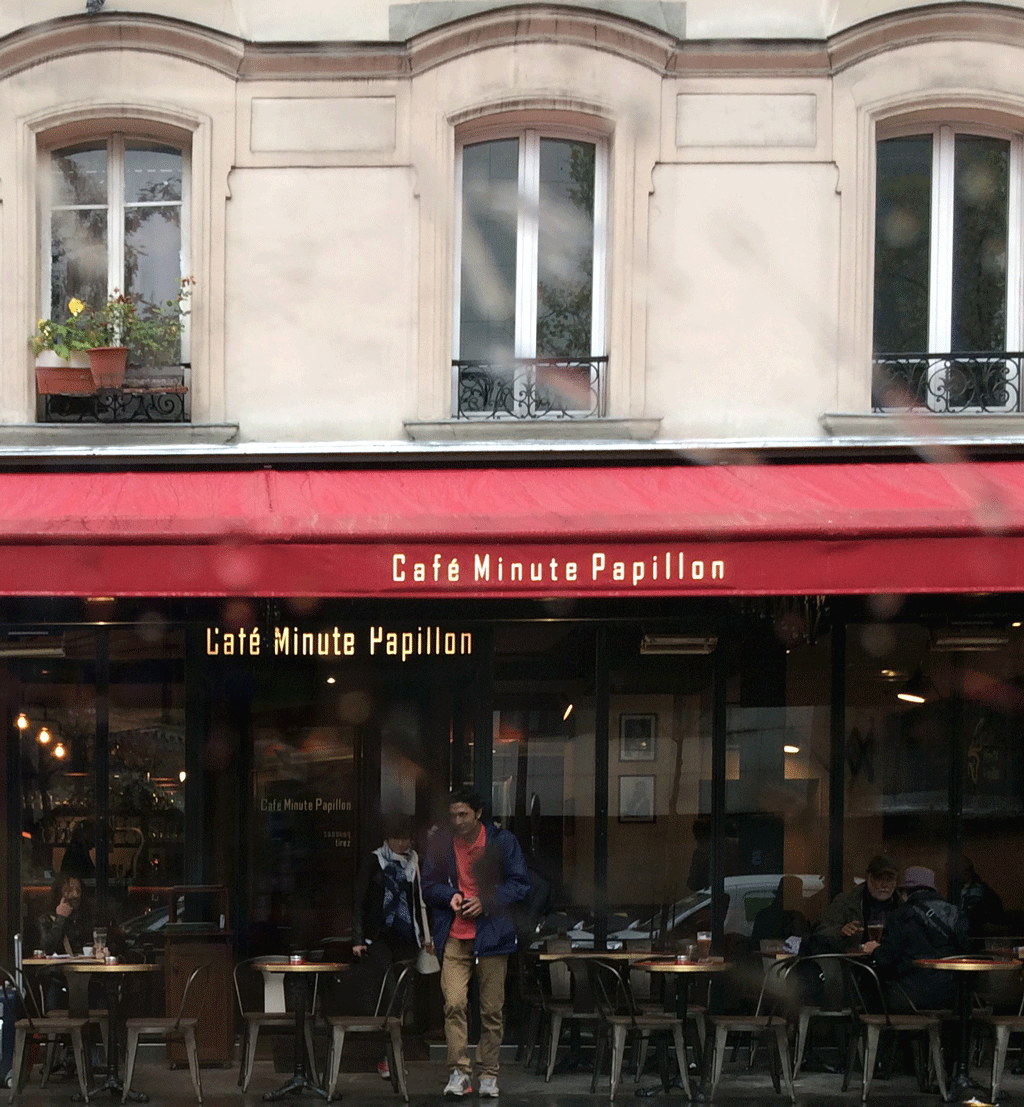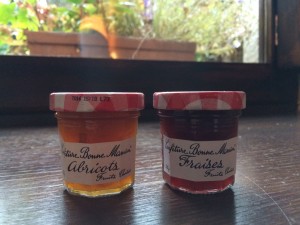These are more of those look-alike words that the French call faux-amis.

We’ll start with courant which has a few different meanings. We’re only going to look at adjectives here.
Les dépenses courantes d’une maison, for example, are ordinary or everyday expenses. Un mot courant is a standard or ordinary word.
Une pratique courante is standard practice and un travail courant is routine work.
Le recours aux intermittents est une pratique courante des chaînes de télévision – Employing contract workers is standard practice in television.
It can also mean common – Ce genre d’incident est très courant ici : This kind of incident is very common here or This kind of thing is a common occurrence here.
Its English look-alike, “current”, has a different meaning.
Le cours actuel du dollar est plus élevé qu’au mois de mai : The current exchange rate of the dollar is higher than it was in May.
Currents events are évènements actuels or, more commonly, l’actualité which is invariable except when used to mean the news on TV or radio which are called les actualités. Je l’ai entendu aux actualités ce soir : I heard it on the news tonight. Les dix sujets d’actualité les plus recherchés sur Yahoo! en 2016, en France, sont le Bréxit, les attentats, les Panama Papers et le crash d’Egyptair : Yahoo!’s top ten searches and news stories in 2016 in France were Brexit, the terrorist attacks, the Panama Papers and the Egyptair plane crash.
The current month is le mois en cours while her current boyfriend is son petit ami du moment. I always think the expression petit ami or petite amie is very amusing. Translated literally, its gives “her little friend” which we would only use in English to describe a child. Copain or copine can also be used to mean boyfriend or girlfriend unless of the same sex in which case it means buddy. If a boy says C’est nouvelle copine, it means he has a new girlfriend. If he says J’ai un nouveau copain, it means he has a new buddy. However if he says, speaking about a particular girl, C’est une copine, c’est tout, then it means she’s just a buddy. Sort of confusing, I know, but it’s all about context.
Another meaning of the English word current revolves around the idea of being widely accepted or used. This can be translated in various ways in French, depending on the circumstances, and can include courant. Otherwise, commun or en cours. A current account is a compte courant, that is, an ordinary account.
There is a current idea that up to 30% of the warming last century was due to solar effects – Selon une idée courante, jusqu’à 30% du réchauffement planétaire le siècle dernier est dû aux effets solaires.
To go back to actuel, it also means at the present time, which gives expressions such as à l’heure actuelle (at present, at the moment), à l’époque actuelle (nowadays, in this day and age), le monde actuel (the world today, the present-day world) and even l’actuel Premier minister (the current Prime Minister).
So if actuel more or less corresponds to current or present, what does actual correspond to? It’s most common meaning is real, that is, which something that exists, or is happening at the present time.
There is no actual contract : il n’y a pas vraiment de contrat.
An actual fact is un fait réel, actual size is grandeur nature (as in real life) or taille réelle (a specific measurement).
There is another slightly different meaning: the actual film doesn’t start until 8.55 – le film ne commence qu’à 20 h 55. This is the actual house (as opposed to the barn and garage): Voici la maison elle-même or if it’s something that has been mentioned previously, Voici la maison en question.
In actual fact corresponds more or less to en fait, which is not the same as in fact. You can tell me why after studying the following sentences.
In actual fact, I don’t like strawberries, but I eat them to be polite. En fait, je n’aime pas les fraises mais je les mange pour être polie.
He’s annoying, in fact, he’s very annoying indeed. Il est embêtant, il est même très embêtant.













